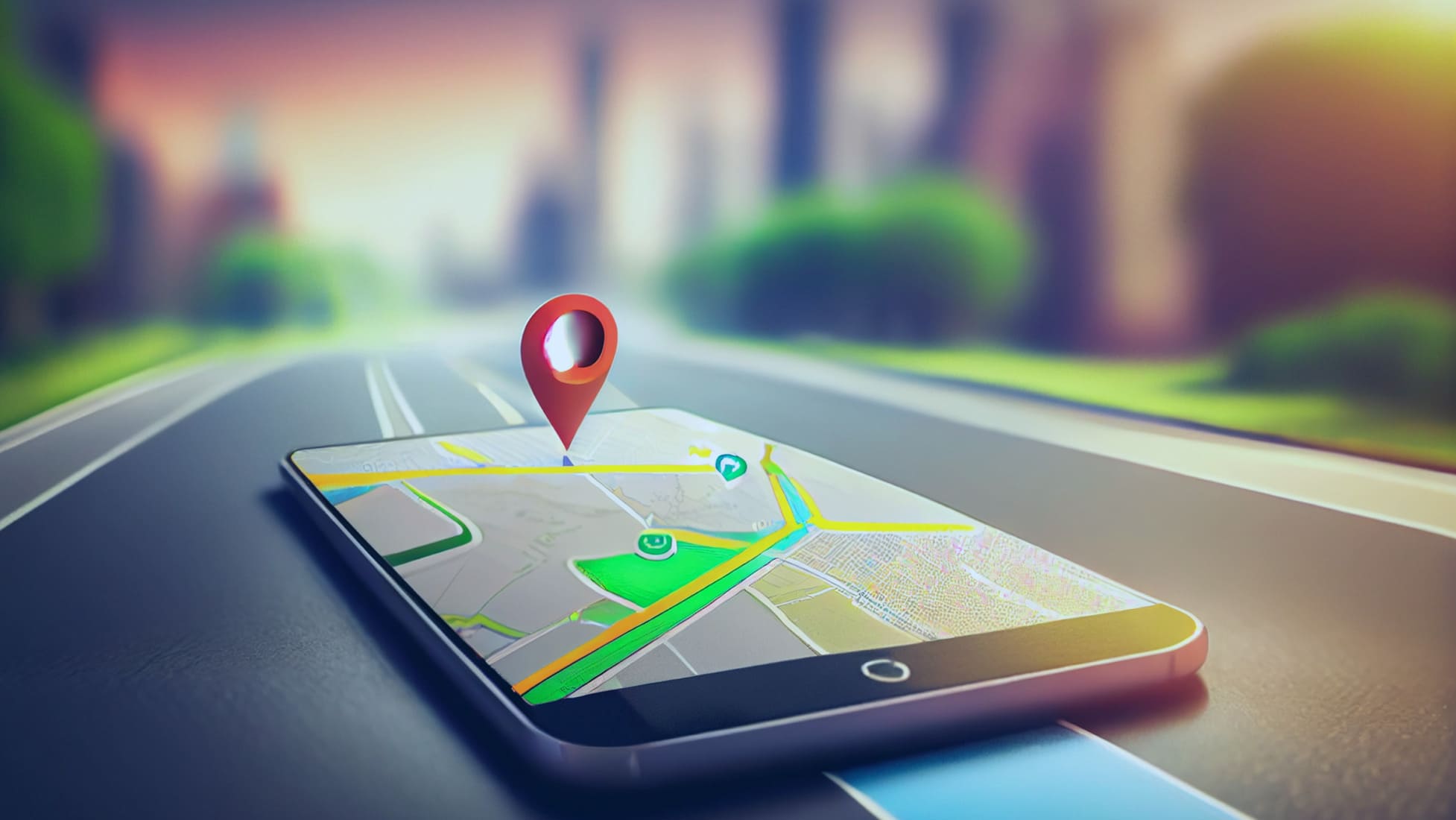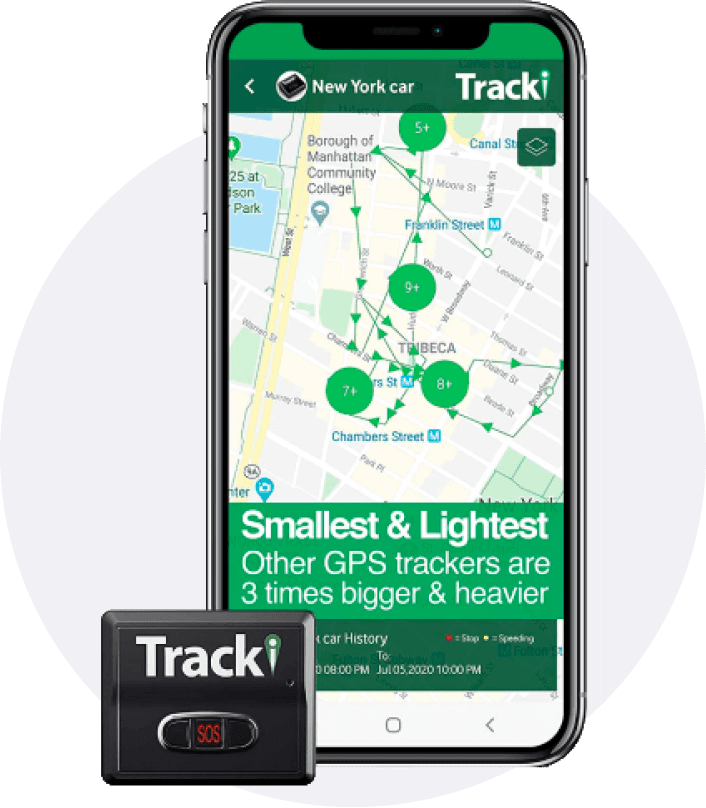Comprehensive Guide to GPS Tracking: Boost Security and Efficiency
Comprehensive Guide to GPS Tracking: Boost Security and Efficiency
Blog Article
Navigating the Future of GPS Monitoring: Technologies, Challenges, and Opportunities Ahead
As we stand at the crossroads of societal ramifications and technical improvements, the landscape of general practitioner tracking is positioned for a transformative journey ahead. The evolution of GPS modern technology has actually been rapid, ushering in a new period of real-time tracking capabilities that promise unprecedented levels of accuracy and performance. With excellent innovation comes excellent responsibility, as information privacy worries impend large and security challenges in GPS tracking raising relevant questions regarding securing sensitive info. Yet, in the middle of these obstacles exist covert opportunities waiting to be explored, providing a glimpse right into the untapped potential of an industry at the brink of adjustment.
Evolution of GPS Modern Technology
Established for army purposes, GPS technology has actually progressed to become a common tool in various markets, consisting of transport, logistics, farming, and individual navigation. Early General practitioner systems were identified by minimal insurance coverage, lower precision, and bulkier equipment needs.
One trick turning point in the advancement of GPS innovation was the advancement of Discerning Accessibility (SA) in the 1990s, which deliberately deteriorated the precision of civilian GPS signals. As GPS technology continues to evolve, we can anticipate additional renovations in accuracy, performance, and coverage, opening up new opportunities for technology and applications across various markets.
Real-Time Tracking Developments
Building on the developments in GPS technology that have revolutionized precision and coverage, real-time monitoring has become an essential area of innovation with profound ramifications throughout various industries. Real-time tracking improvements enable organizations and services to keep track of personnel, automobiles, and assets instantaneously, providing useful understandings for decision-making processes - gps tracking. By leveraging real-time information, business can improve functional efficiency, enhance customer care, and make certain the security and safety of their properties
One of the vital advancements in real-time monitoring is the assimilation of expert system and equipment learning algorithms, which make it possible for predictive analytics and anomaly detection. These capacities enable positive maintenance organizing, route optimization, and risk reduction strategies. Furthermore, the advancement of real-time monitoring systems has brought about the development of adjustable dashboards and mobile applications, empowering individuals to accessibility vital info anytime, anywhere.
Information Personal Privacy Issues

Data personal privacy concerns encompass different aspects, consisting of the storage space, sharing, and retention of location information. Companies have to implement robust safety and security measures to protect GPS tracking information from cyber risks and data violations. Transparent policies relating to data collection practices and the function of tracking are important to develop count on with customers and make sure compliance with data security guidelines.
Protection Challenges in GPS Tracking
Attending to data personal privacy concerns in GPS tracking is delicately linked to alleviating the protection tests that arise from potential vulnerabilities in the innovation. One of the primary safety and security obstacles in GPS monitoring is the threat of unapproved accessibility to delicate place information.

One more protection difficulty is the potential for jamming or spoofing General practitioner discover this signals. Executing durable security, verification measures, and signal verification protocols are critical actions in resolving these security difficulties in GPS monitoring.
Arising Opportunities in the Sector
The burgeoning field of General practitioner monitoring innovation provides a myriad of appealing opportunities for industry development and development. One crucial possibility exists in the development of General practitioner tracking applications past typical fields. GPS tracking can change person care by allowing remote monitoring of crucial indicators and ensuring timely clinical aid.
Furthermore, the enhancing demand for connected devices and IoT services offers a ripe chance for GPS tracking firms to increase their offerings and produce innovative solutions that provide to a much more connected globe. By taking advantage of on these emerging possibilities, General practitioner monitoring companies can position themselves for continual development and success in the vibrant landscape of the industry.
Verdict
Finally, the future of GPS monitoring is noted by constant development and advancement in innovation. Real-time monitoring developments and arising chances present appealing leads for the sector. Nevertheless, information personal privacy problems and safety difficulties remain considerable obstacles that need to be addressed. As the market moves on, browsing these challenges will be essential to ensure the ongoing growth and success of GPS tracking innovation.
With terrific innovation comes great responsibility, as information privacy issues loom large and security challenges in General straight from the source practitioner monitoring raise essential concerns concerning guarding sensitive details.With the fast proliferation of GPS monitoring innovation in numerous markets, attending to data personal privacy worries has become a critical crucial for both consumers and services alike. The collection of area data with GPS tracking increases significant privacy concerns, as it allows the monitoring of individuals' actions and motions. Companies utilizing GPS tracking need to prioritize securing this information to prevent unapproved access or misuse that could jeopardize individuals' personal privacy rights.
Organizations have to implement robust safety measures to protect GPS tracking information from cyber threats and information violations.
Report this page